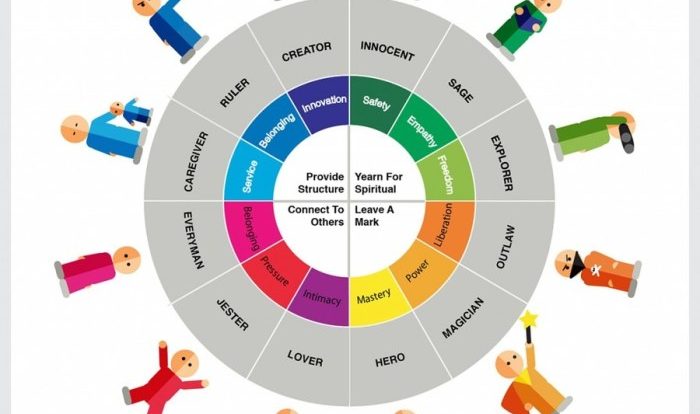Which of the following statements about cognitive dissonance is true – Cognitive dissonance, a psychological phenomenon that arises when individuals hold conflicting beliefs, attitudes, or behaviors, has captivated the attention of psychologists for decades. This article delves into the intricacies of cognitive dissonance, exploring its causes, consequences, and methods of reduction, providing a comprehensive understanding of this intriguing concept.
Cognitive dissonance theory posits that individuals strive to maintain internal consistency among their beliefs, attitudes, and behaviors. When inconsistencies arise, such as holding contradictory beliefs or engaging in behaviors that conflict with their values, psychological discomfort ensues, motivating individuals to reduce this dissonance.
Define Cognitive Dissonance
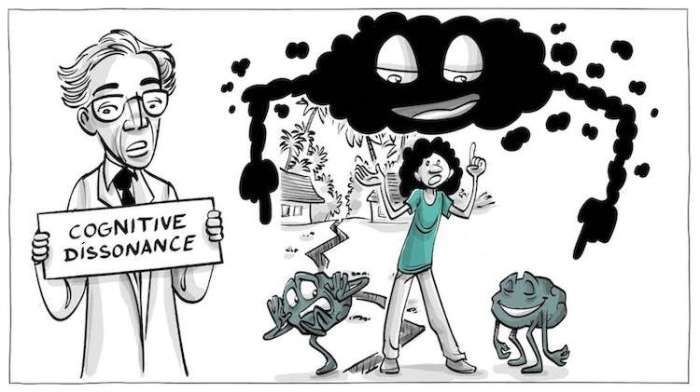
Cognitive dissonance is a psychological state of discomfort or tension that individuals experience when they hold two or more contradictory beliefs, values, or attitudes, or when their actions are not in line with their beliefs.
This discomfort motivates individuals to reduce the dissonance by changing their beliefs, attitudes, or behaviors to achieve consistency.
Causes of Cognitive Dissonance
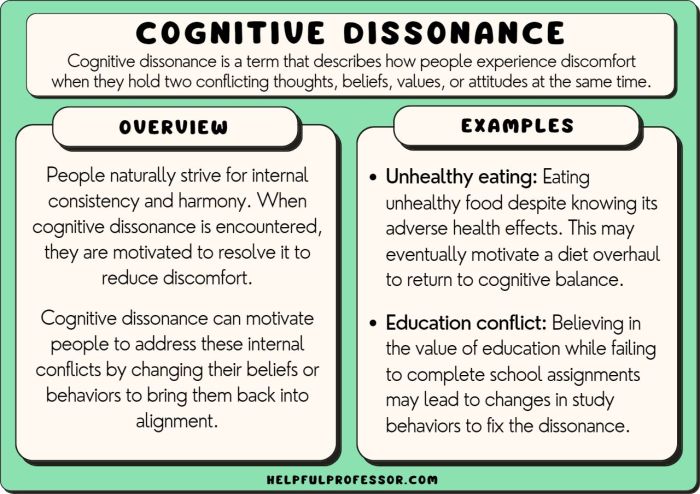
Conflicting Beliefs
- Holding beliefs that are contradictory or incompatible.
- For example, believing that smoking is harmful but continuing to smoke.
Conflicting Behaviors
- Engaging in behaviors that contradict their beliefs or values.
- For example, donating to a charity while holding negative attitudes towards the beneficiaries.
Conflicting Attitudes
- Having positive attitudes towards something while holding negative beliefs about it.
- For example, enjoying a product while believing it is overpriced.
Methods of Reducing Cognitive Dissonance
Rationalization
Justifying or explaining contradictory beliefs or behaviors to make them seem consistent.
Changing Behaviors, Which of the following statements about cognitive dissonance is true
Altering behaviors to align with beliefs or values.
Seeking New Information
Acquiring information that supports existing beliefs or reduces dissonance.
Consequences of Cognitive Dissonance
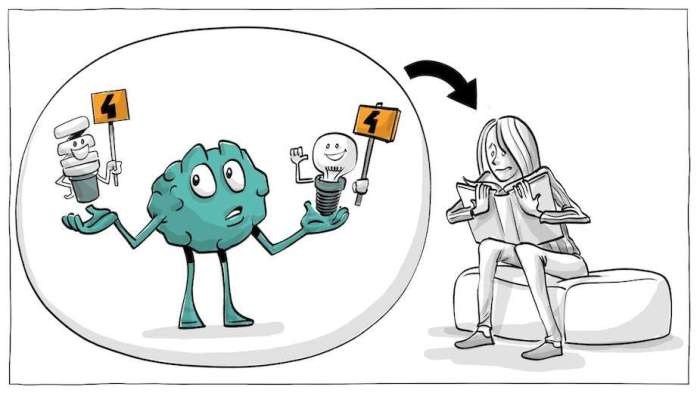
Negative Effects
- Stress and anxiety
- Mood disturbances
- Self-destructive behaviors
Positive Effects
- Motivation for change
- Improved decision-making
- Increased self-awareness
Applications of Cognitive Dissonance
Psychology
- Understanding and treating psychological disorders
- Promoting healthy behaviors and attitudes
Marketing
- Persuading consumers to purchase products or services
- Creating brand loyalty
Conflict Resolution
- Facilitating compromise and understanding
- Reducing prejudice and discrimination
Historical and Theoretical Perspectives
Leon Festinger developed the theory of cognitive dissonance in the 1950s.
Festinger’s theory has been expanded and refined by subsequent researchers, including:
- Jack Brehm
- Elliot Aronson
- Daryl Bem
Empirical Research on Cognitive Dissonance
Numerous empirical studies have investigated cognitive dissonance, including:
- Festinger and Carlsmith’s (1959) study on dissonance and reward
- Aronson and Mills’ (1959) study on dissonance and persuasion
- Bem’s (1967) study on dissonance and self-perception
Cross-Cultural Aspects of Cognitive Dissonance: Which Of The Following Statements About Cognitive Dissonance Is True
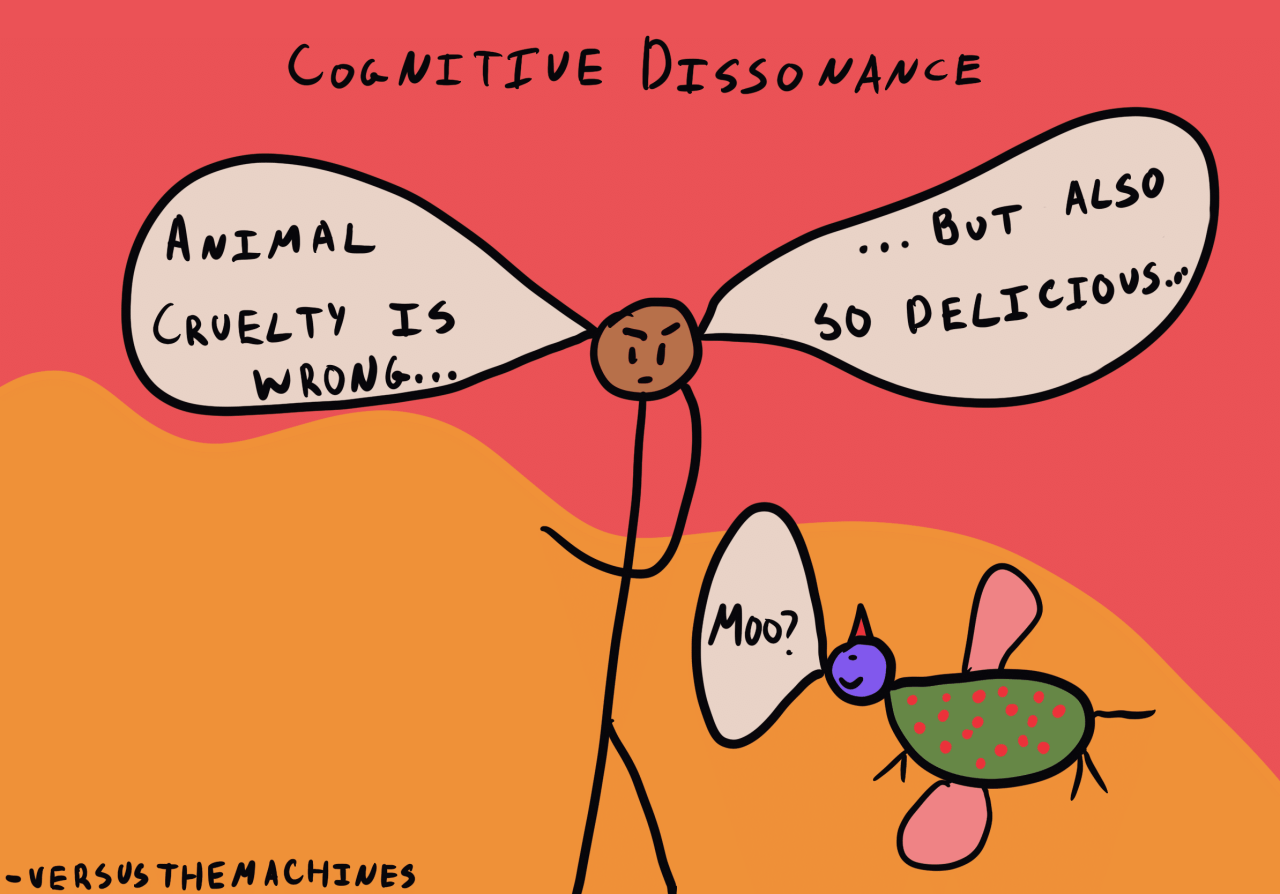
Cognitive dissonance is a universal experience, but its intensity and resolution can vary across cultures.
Cultural factors that influence dissonance include:
- Individualism vs. collectivism
- Power distance
- Uncertainty avoidance
Criticisms and Limitations of Cognitive Dissonance Theory
Criticisms of cognitive dissonance theory include:
- Overemphasis on the negative effects of dissonance
- Difficulty in measuring dissonance
- Limited applicability to all situations
Essential Questionnaire
What is cognitive dissonance?
Cognitive dissonance is a state of psychological discomfort that arises when individuals hold conflicting beliefs, attitudes, or behaviors.
What are the common causes of cognitive dissonance?
Cognitive dissonance can be caused by various factors, including conflicting beliefs, behaviors that contradict values, and exposure to new information that challenges existing beliefs.
How do individuals reduce cognitive dissonance?
Individuals can reduce cognitive dissonance through various strategies, such as rationalization, changing behaviors, seeking new information, or avoiding situations that trigger dissonance.
